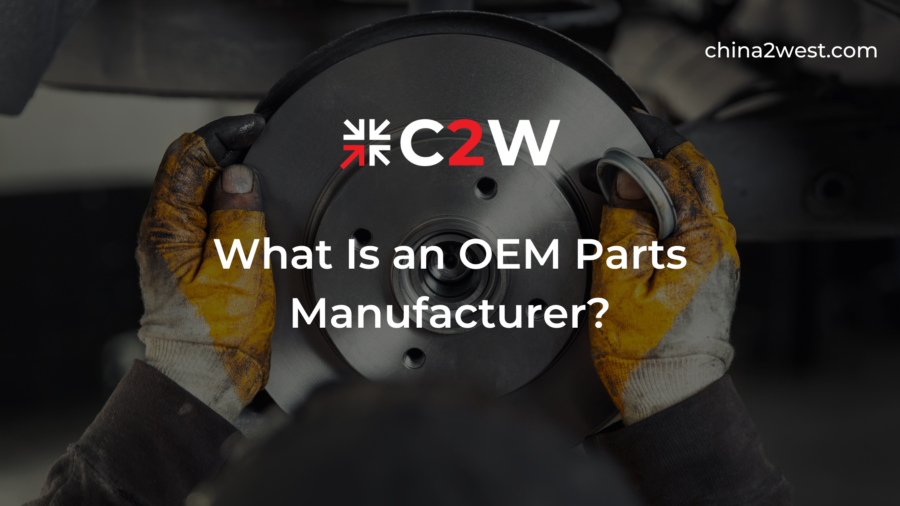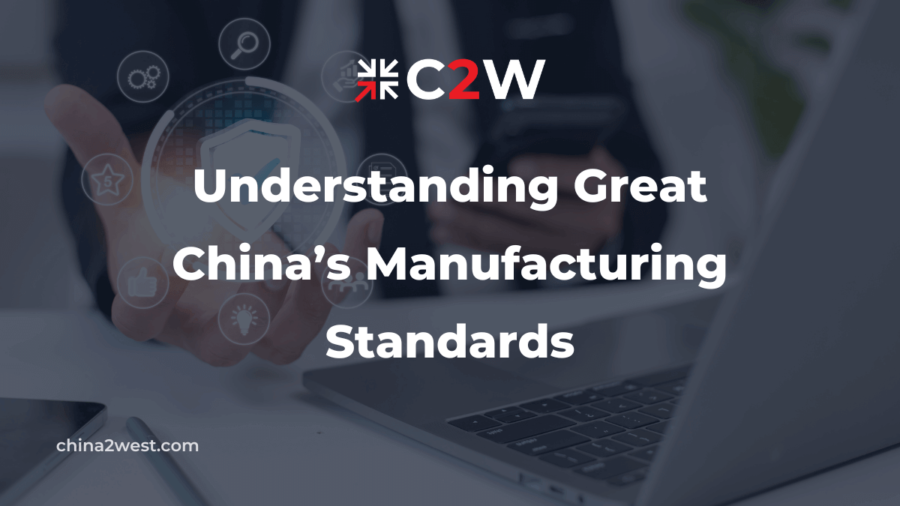iPhones are the gold standard of premium smartphone design. They look and feel unlike anything else on the market and have quality to match. It may come as a surprise, then, that most of their screens are made by Samsung.
That’s right, one of the world’s biggest tech developers doesn’t make its own screens. That’s not because Apple isn’t capable; it’s because outsourcing is better overall. The majority of companies actually, rely on this open secret of OEM parts manufacturers.
What does OEM mean, and why do big companies trust their product integrity to contract manufacturing? Keep reading as we discuss how OEM manufacturing works–and how it benefits you.
What Is OEM Manufacturing & How Does It Work?
OEM is the acronym for Original Equipment Manufacturer. As the name makes clear, this is the original manufacturer for a specific part. It can be anything: tires, silicon microchips, or even gyroscopes.
The opposite of OEM parts would be aftermarket parts. These are third parties that have no affiliation with the brand whose accessories they build.
Some companies have established vertical integration. That is, they produce and manufacture everything by themselves. However, this is rare, even for large and capable companies like the aforementioned Apple.
OEMs are, therefore primarily a B2B business. End-users usually purchase from VAR (value-added resale) businesses. These are companies, like Apple, that add OEMs to their own products before selling them.
Examples of OEM Part Manufacturing in Tech & Electronics
Take for example, Taiwan. Taiwan is the world’s largest producer of silicon wafers.
They are also, unsurprisingly, one of the biggest OEM manufacturers of custom-made microchips. We’re talking about CPUs, GPUs, SOCs, and so on.
When Google wants a new Tensor chip for their phone, they hire TSMC in Taiwan. They purchase a set number of units–say, 1 million–for their new Pixel phones. TSMC then crafts the chip with its dies to Google’s specifications en masse.
From that point on, Google handles the manufacturing of the rest of the phone. They brand the Tensor as their own. OEM manufacturing is, to a degree, white-label manufacturing.
Why Businesses Use OEM Part Manufacturing for Cost & Quality
At first glance, it may seem like a risky strategy. Outsourcing tends to give companies cold feet at first. Rather than having full control over product manufacturing, they are trusting another company.
Regardless, this is a fruitful relationship for a number of reasons. Let’s examine them in detail.
It Brings Big Cost Savings
The main reason Apple outsources screens to Samsung is the cost. Creating decent OLED screens is expensive. It requires precision machinery and highly skilled employees.
Samsung has a long history of making screens. They hold priceless industry knowledge accumulated over the course of years. In addition to perfecting the process, they have the capability to scale up and incorporate new technologies–or spearhead new ones.
For Apple to do the same, they would have to invest billions and billions of dollars just at the outset. It would take years to catch up to Samsung–if they caught up at all. In the meantime, their product would suffer, and they’d be bleeding money all the same.
Plain and simple, OEM manufacturing brings massive savings.
It Gives You Access to Precision Parts
When purchasing supplies in bulk, it’s very common to run into duds. There are parts that don’t fit, parts that don’t work, and parts that clash with the overall design.
This is the risk of buying parts made for a general use case. It creates problems in the manufacturing process. When customers demand repairs, even a simple RMA can be challenging.
OEM parts are different because they are usually custom-made. Samsung doesn’t just sell screens to Apple, they customize them to Apple’s specifications. Then, another manufacturer–say Google–gets a slightly different screen.
Simply put, OEM parts are not just bargain bin odds and ends. They are bespoke and precision-made to work with your product.
It Assures Consistently High Quality
Remember, this is a contractual obligation. If the OEM manufacturer screws up, they lose continued business. Plus, their poor work spooks potential clientele.
Since OEM parts are often key components to the products they make, they have to be of the highest caliber. Contract manufacturing has a tendency to keep everyone honest. Manufacturers do their best, and the contracting company pays them handsomely.
Taiwan’s TSMC is a unicorn in the OEM industry. Most OEM manufacturers fight fiercely in a market of healthy competition. There is a powerful incentive to do their best.
The result? You get high-quality parts manufacturing with consistent reliability.
It’s Mutually Beneficial
It may seem strange that Samsung–a smartphone maker–sells screens to a direct competitor–Apple. Wouldn’t it be in Samsung’s best interest to never sell screens to Apple? One would think that doing so would put them on top, ahead of the competition.
The thing is, Samsung benefits immensely from selling Apple their screens. They’re making a hefty profit. Since they don’t handle iPhone manufacturing, it’s pure money in their pocket.
So, Samsung makes money, and Apple gets screens. This symbiotic relationship works and has been working for many years now. Companies are unlikely to screw over their contractors since they’d be effectively shooting themselves in the foot.
It Gives You Options
Nobody likes a monopoly. When one company controls everything, you have no alternatives when the deal grows sour.
OEMs give your company a great deal of flexibility. Much of the OEM manufacturing sphere is located in China. In the same city, you might find a dozen different plants making the same OEM parts.
If you’re ever unhappy with one company, it’s easy to move on to another. That freedom is a breath of fresh air. Unlike many other industries, you really do have options to choose from.
Is OEM Part Manufacturing Right for Your Business?
The answer is a resounding yes. If you’d like cost savings, consistency, high quality, and more, you’d be missing out by going for alternatives.
Outsource via China2West
OEM manufacturing allows parts manufacturers to sell individual components B2B. It’s a profitable, cost-effective, and mutually beneficial arrangement. It’s much better than buying pre-made parts in bulk.
China2West puts you in contact with the best Chinese manufacturing around. Get our full suite of capabilities with our service packages.
Looking for a trusted OEM parts manufacturer in China? Learn more about our manufacturing solutions here.
Want to ensure high-quality OEM components? Explore our factory inspection & QC services in China.


